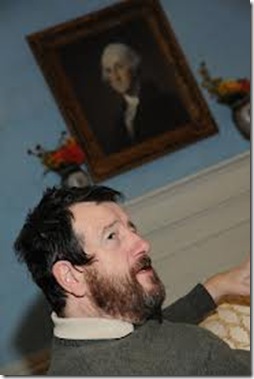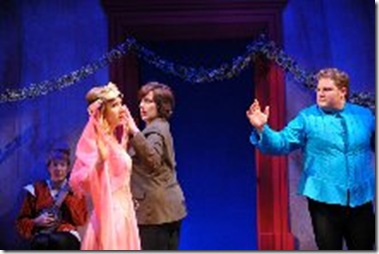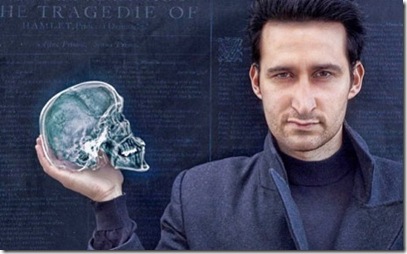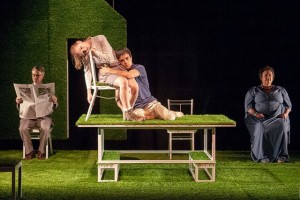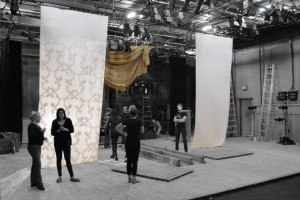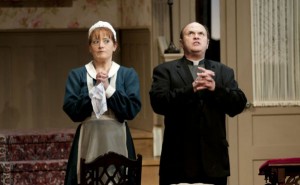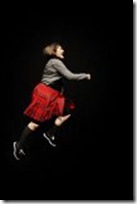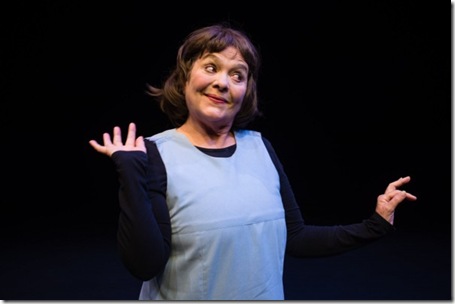Hommage à Jean-Louis Roux
Professeur Tibor Egervari, l’Université d’Ottawa
Un héros et un honnête homme
On appelle âge héroïque d’une activité humaine la période des commencements, celle où tout est encore possible et où l’acte de fondation est l’œuvre de héros dans le sens mythique du terme. Jean-Louis Roux, qui vient de disparaître, fut l’un de ces héros du théâtre québécois, voire de tout le théâtre canadien.
Sa biographie, disponible ailleurs, rend compte d’une vie longue, riche et intense. Personnellement, je ne veux qu’exprimer l’immense gratitude que toute personne touché par le théâtre doit à ce héros, notre héros. Nous lui devons une certaine idée du théâtre et du service public, car la contribution de Jean Louis Roux ne se mesure pas seulement par l’aune de la quantité des réalisations ou par leur qualité artistique. Elle est aussi, et pour moi elle est surtout, dans la façon exemplaire de probité, d’ouverture et d’élégance avec laquelle Jean-Louis Roux a exercé son art pendant plus de sept décennies.
Convaincu de la justesse de ses idéaux, il n’a jamais transformé l’adversité en haine ni l’opposition en mépris. Sur le plan professionnel il savait reconnaître et soutenir le talent, même aux dépens de sa propre orientation esthétique. Il était de ceux qui croyaient profondément en la confrontation bénéfique des idées et des visions artistiques. Ses qualités, nourries par sa vaste culture, ont fait de lui une des rares réincarnations modernes de ce qu’on appelait au XVIIe siècle, un siècle qu’il aimait tant, un honnête homme. C’est donc en honnête homme que Jean-Louis Roux, le héros, a fait du théâtre. Un précieux exemple dont nous lui sommes infiniment reconnaissant. Merci monsieur Roux, merci Jean-Louis.
